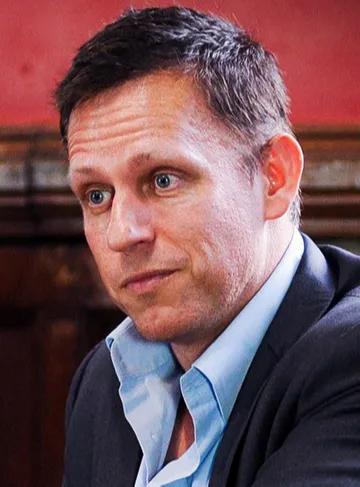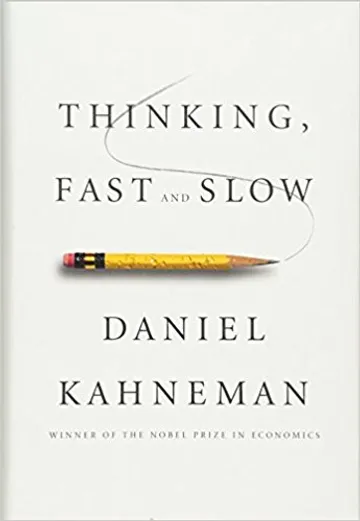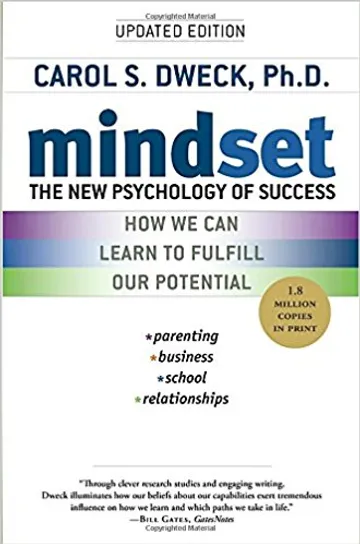Don't see an advisor you admire? Let's add him to the database! - Request

How Nature Works: The Science of Self-organized Criticality
Categories:Non-Fiction
Add missing Endorsement Subscribe to Blog and Updates:
Popular advisors

Peter Thiel
Rendors given:
14

Marc Andreessen
Rendors given:
78

Reid Hoffman
Rendors given:
32

Bill Gates
Rendors given:
187

Howard Schultz
Rendors given:
9
Popular books

Anna Karenina
Rendors:
31

Thinking, Fast and Slow
Rendors:
49

Mindset: The New Psychology of Success
Rendors:
23

1984
Rendors:
20

Moby Dick
Rendors:
27



